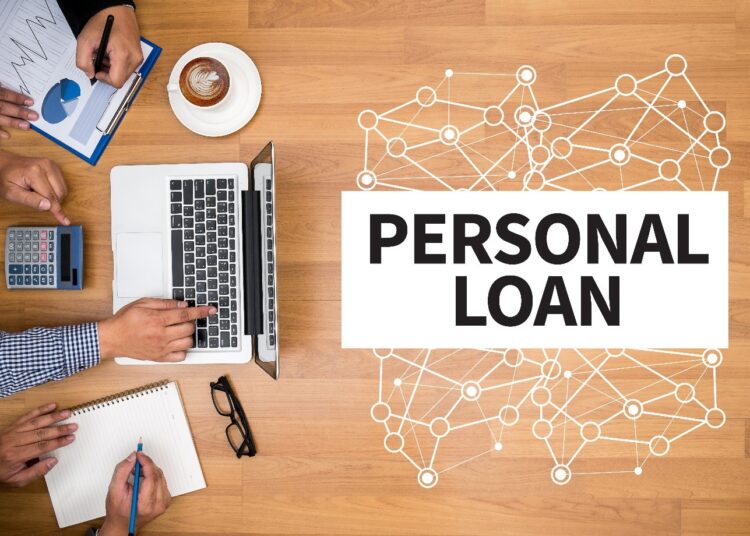Debt consolidation can be accomplished through personal loans. This means you take out a single new personal loan to pay off a number of existing debts. A personal loan can be used to pay off medical bills, credit cards, other personal loans, and more.
But why should you go for something like this? The following are a few good reasons why a personal loan can be the best option for debt consolidation. You must also read Credit9 Review after visiting the website of Demo Dirt.
- No sudden interest rate hikes
The majority of personal loans normally have a fixed interest rate. When you use one to refinance debt, you may lock in a rate and calculate the total interest amount you will pay throughout the loan’s term.
- Lower payments as well as interest charges
Personal loans typically have lower interest rates than credit cards and all other unsecured debt. By combining higher-interest payments with a personal loan, you can save money in both the short and long run.
- Improved credit score
Using a personal loan to pay off credit card dues and other high-interest accounts lowers your credit usage ratio, which accounts for nearly 30% of your credit score.
Using 30% or less of your overall credit limit and primarily keeping below that limit improves your credit score by demonstrating to lenders that you aren’t overspending or highly reliant on debt.
- You need to maintain a fewer accounts
After the consolidation of all other debts by using a personal loan, you will end up reducing the number of debt accounts.
- Enhanced cash flow
By setting a regular repayment schedule, debt refinancing can help. You can more accurately predict income and expenses as well as maintain a more steady cash flow when you only have one debt to pay off and know the exact amount you’re liable for each month.
- Personal loans offer a competitive rate of interest
A personal loan’s interest rate is frequently lower than that of other prevalent types of debt, e.g. credit card debt.
- You can borrow a very large sum
When taking out a personal loan, you can often borrow a substantial sum of money, up to $50,000 or even $100,000, based on your present income and all other financial conditions.
- Fixed repayment schedules
Whenever you will apply for any personal loan, then you will choose a repayment period, such as three or five years. Once you have signed the loan agreement and made a commitment to borrowing, this schedule will not change.
- Your assets will not be at risk
When consolidating debt, you will most likely take an unsecured personal loan. That means you won’t have to put up any assets as collateral, unlike with a home equity loan, which is secured by your home.
A personal loan can be a practical strategy to lower your high-interest debt, minimize your number of financial commitments, and save your money now and also in the future, regardless of your purpose.





